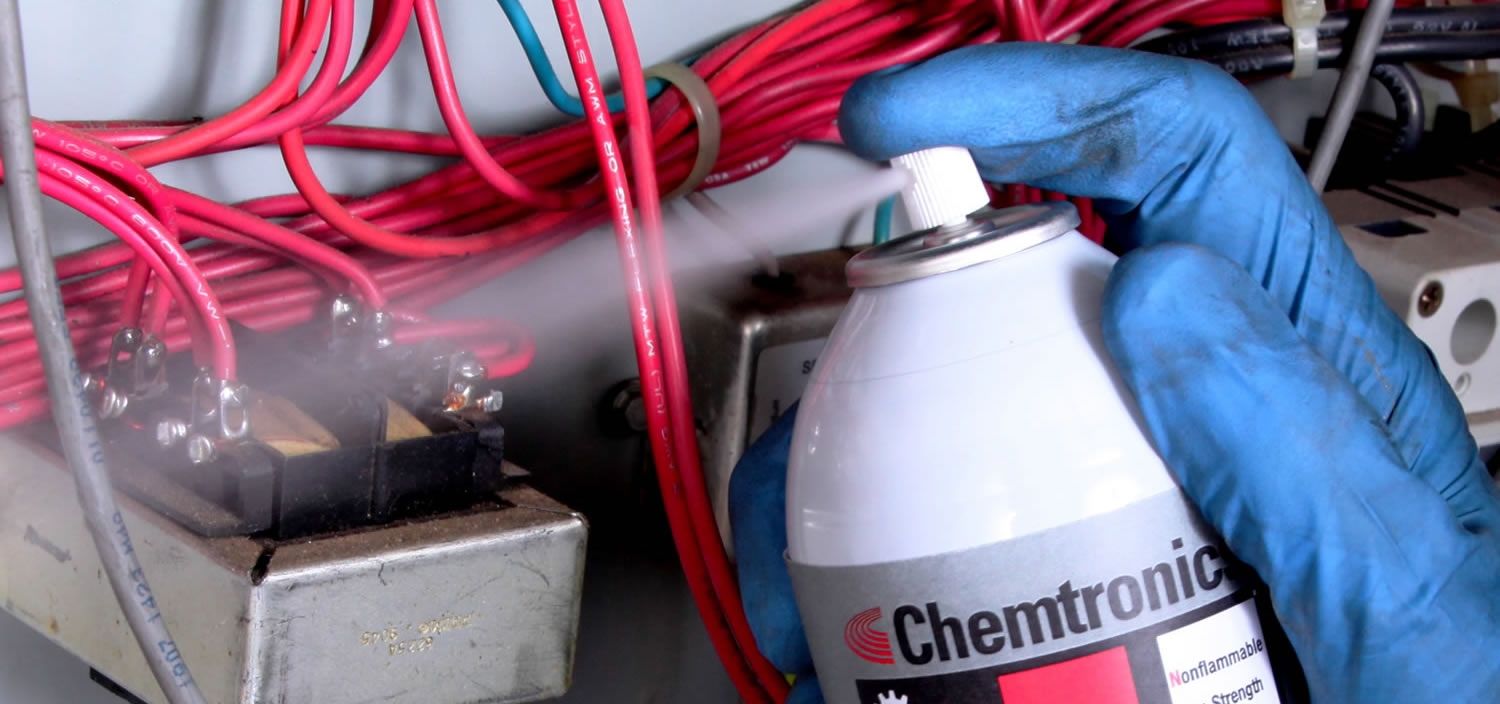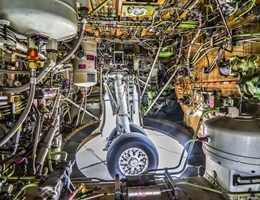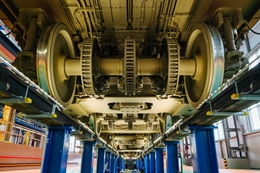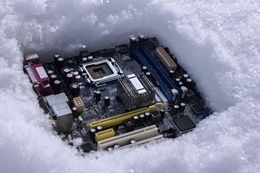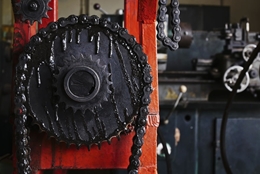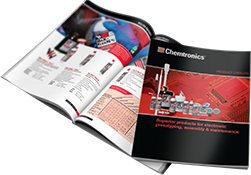세척제
정밀 세척을 위한 강력한 세척제(degreaser)
Chemtronics 고순도 용제 제품 라인은 전자, 전기 어셈블리와 민감한 구성품 세척 및 탈지를 위해 고안된 가장 효과적인 제품입니다. 모든 탈지제와 세척제는 용제에 민감한 구성품 정밀 세척과 전기 및 전자 장비 탈지 특정 용도에 적합한 특성을 갖고 있습니다. 이 중에 여러 제품을 작업대, 초음파, 담금 및 증기 탈지제 / 세척 시스템에 사용할 수 있습니다.
Electro-Wash® 탈지제는 오염물, 오일, 그리스, 산화물 및 다루어지는 오염물을 제거하도록 설계되었습니다. 사용할 수 있는 장비와 어셈블리에는 다음이 있습니다.
- 금속 및 광섬유 케이블 스플라이스
- 모터와 변압기
- 프로그램 가능 논리 제어기 (PLCs)
- 공압 및 유압식 어셈블리
- 전자 및 전기 장비
- 계량기/측정 장치
Max-Kleen™ 헤비 듀티 탈지제는 가장 어려운 유형의 작업에 맞서 성능을 발휘합니다. 산업용 성능을 발휘하는 이 세척제는 강력한 탈지세척강도가 요구되는 작업에 적합하며 그리스, 타르, 아스팔트, 오일 및 때를 빠르고 쉽게 제거합니다.
다음을 포함하여 모든 탈지 용도에 권장:
- 클러치, 전자기, 발전기, 압축기
- 전기 모터 및 장비
- 베어링, 체인, 케이블, 도르래, 기어 드라이브
- 브레이크, 스프링, 플라이휠

